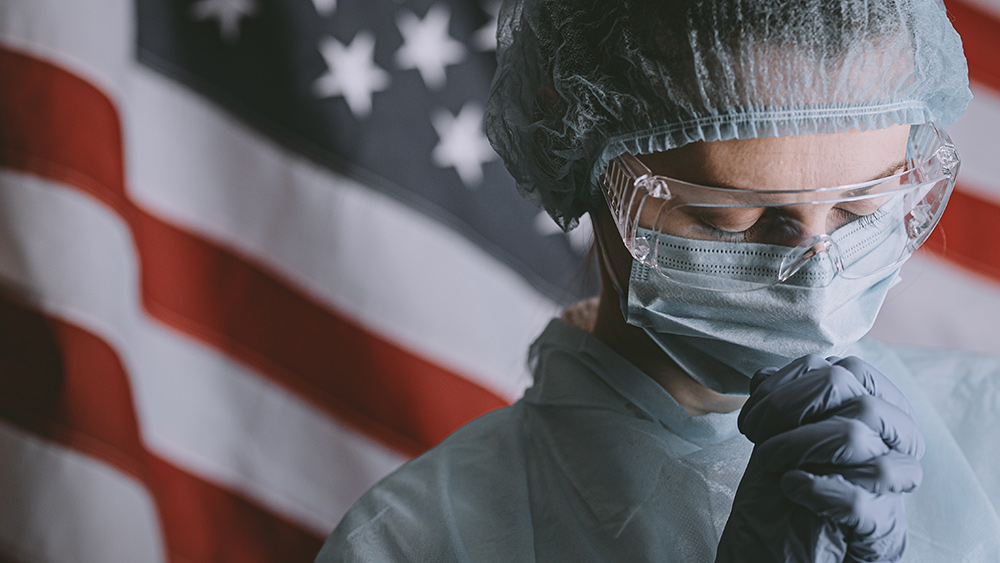
Advertisement
Under an emergency declaration issued by Delaware Governor John Carney, Delaware law enforcement officers were given the power to stop vehicles driving in the state solely for bearing tags from another state.
After pulling over the vehicle, police can ask questions regarding the driver’s recent travels. They will also be told that they must either return immediately to their home state or carry out self-quarantine for 14 days. Those out-of-state visitors who do not self-quarantine could find themselves facing criminal charges.
However, an exception will be made for drivers who are simply passing through Delaware on I-95, I-495, or I-295 while en route to other states. Those headed to Delaware for essential business, health care, or to care for family members will also be exempt. They added that those employees from out of state who are working for essential businesses in Delaware should work from home wherever possible.
In a press release, the Delaware State Police stated that it simply isn’t the right time to visit their state. They said their goal is to limit a surge in coronavirus cases that could overwhelm their hospital systems by stopping the virus from entering from other states.
State police have said they don’t plan to issue any citations or tickets. Instead, they wish to educate drivers and remind them of the order from the governor that is currently in effect. Some police have already been infected with coronavirus in Delaware and other states.
Some PA residents crossing into Delaware to buy alcohol
Delaware police have also warned Pennsylvania residents not to cross the border into their state to buy alcohol. Liquor stores, which are run by the state in Pennsylvania, have been closed there and the online sale system is struggling under high demand, prompting residents to head to places like Claymont, which is just south of the border, to buy alcohol.
The co-owner of Brandywine Liquors told the media he had seen a surge in sales recently, with lots of customers coming from Pennsylvania and thanking him for keeping his store open. Other liquor stores in the area report similar upticks.
On Friday, officers conducted a checkpoint outside a Claymont shopping center, turning drivers away who did not have essential business there; no citations or arrests were issued.
Carney said in a news briefing: “We’re going to have to show we’re serious about travelers coming in state for nonessential activities.”
People continuing to defy orders, hold parties
Last week, Newark police cited two tenants for violating the city’s noise ordinance and a recently passed gathering ordinance that prohibits gatherings of more than 10 people in connection with a loud birthday party hosted by a University of Delaware student. Eighteen people were found inside the apartment. Police say they will continue to enforce these rules, and the University of Delaware tweeted that it was “deeply disappointed” by the students’ “reckless and irresponsible choices.” They added that the university’s student conduct office would be taking action.
Over the weekend, President Trump approved a disaster declaration for the state, which makes federal funding available not only to Delaware but also eligible local governments and some nonprofits to pay for emergency protective measures and direct federal assistance.
Health officials stated on Sunday that Delaware now has 673 cases of coronavirus. The state has seen 14 coronavirus deaths so far, eight of which were related to long-term care facilities across the state. Models show the state could see as many as 3,000 cases and 500 hospitalizations related to COVID-19 in the weeks to come.
Delaware has demonstrated just how seriously it is taking coronavirus, and it’s measures like these that have the power to help stem the spread of this deadly disease.
Sources for this article include:
Advertisement
Advertisements
















